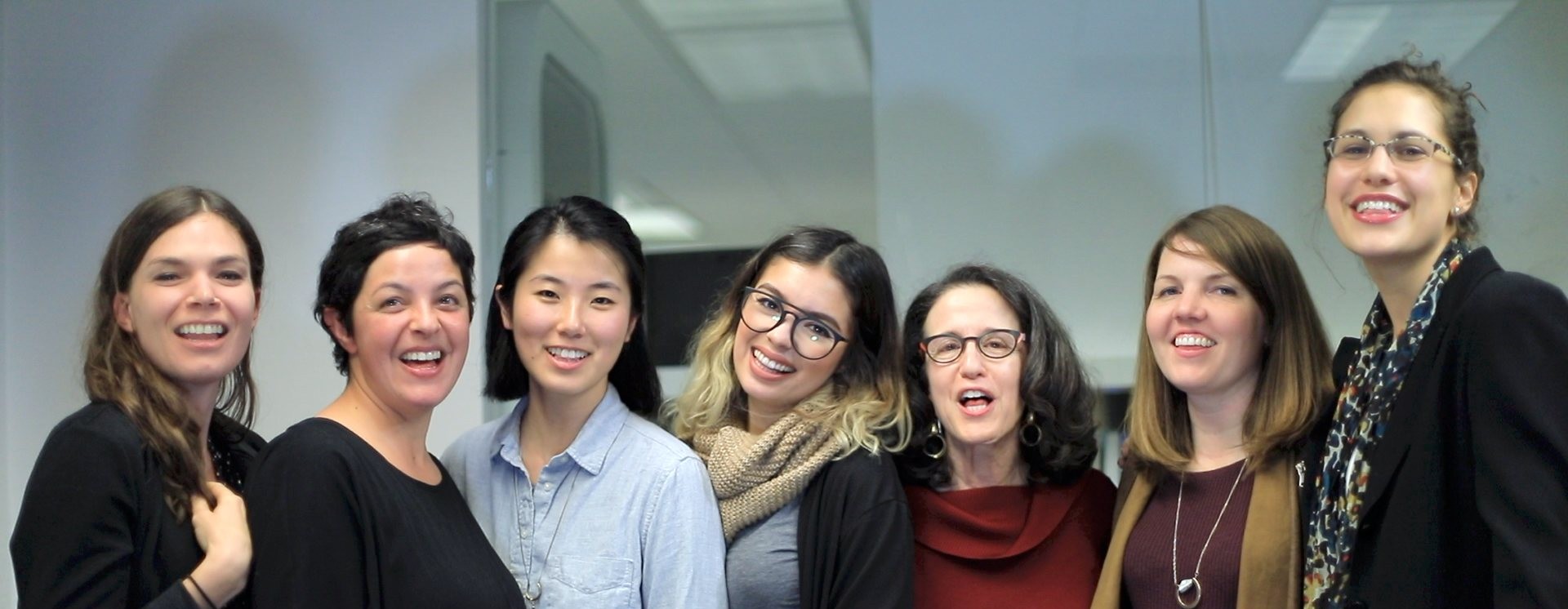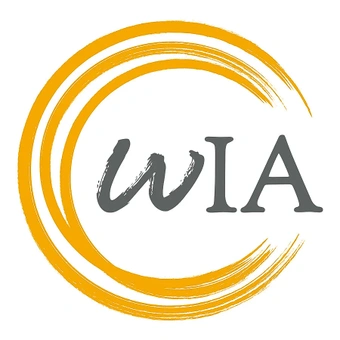Monitoring, Evaluation, and Learning (MEL) Director

FHI 360
This job is no longer accepting applications
See open jobs at FHI 360.See open jobs similar to "Monitoring, Evaluation, and Learning (MEL) Director" The Women’s Impact Alliance.Title: Monitoring, Evaluation, and Learning (MEL) Director
Job Code: TECH 31027
Job Family: Technical
Reports To: Chief of Party (COP)
Location Dhaka, Bangladesh
Compensation Band: MM
FLSA: Exempt
FHI 360 is a nonprofit human development organization dedicated to improving lives in lasting ways by advancing integrated, locally driven solutions. Our staff includes experts in Health, Education, Nutrition, Environment, Economic Development, Civil Society, Gender, Youth, Research and Technology– creating a unique mix of capabilities to address today’s interrelated development challenges. FHI 360 serves more than 60 countries, all 50 U.S. states and all U.S. territories.
We are currently seeking a qualified candidate for the position of Monitoring, Evaluation, and Learning (MEL) Director for the multi-year USAID/Bangladesh’s Tuberculosis (TB) Diagnostic Network Strengthening project in Bangladesh. The purpose of this project is to enhance Bangladesh's capacity to operate highly functional, quality assured, accessible, and equitable Tuberculosis (TB) diagnostic networks that swiftly detect TB cases and link them to life-saving care and treatment. This position is contingent upon award and final USAID approval. The director position will be based in Dhaka, Bangladesh.
Main responsibilities:
The MEL Director will be responsible for ensuring that ongoing monitoring, evaluation, and learning interventions are implemented throughout the life cycle of this activity. The MEL Director will be responsible for ensuring the collection, analysis, and reporting of high quality, accurate, and reliable data for all related MEL matters of this activity. The MEL Director will lead the development and management of the MEL Plan. The MEL Director develops and maintains systems to collect data and lead analysis to produce information on inputs, outputs, outcomes, and impact of the project. The MEL Director will review activity implementation on a regular basis and communicate the critical learning points with USAID and other relevant stakeholders and support the activity in making evidence-based and informed decisions to ensure results. The MEL Director will collaborate and oversee sub-grantees and provide them with feedback on data collection and indicators use; analyze data reported from sub-grantees; and support training of M&E personnel in quality assurance methods.
Specific responsibilities may include but are not limited to the following:
- Lead and ensure the quality and timely implementation of all monitoring, evaluation, research, learning, and knowledge management components of the project
- Produce project monitoring, evaluation and learning plan and data management plan, and oversee its management and implementation, including the collection, analysis and reporting of data and information on project activities
- Design and implement the MERL utilization plan both for internal and external audiences
- Supervise team of MERL professionals and strengthen MERL capacity of implementing partners
- Secure timely, complete and accurate reporting from in-country partners, including data quality assessment (DQA)
- Coordinate and ensure quality of all project reports and deliverables and learning products
- Ensure quality of research/studies, including their compliance with FHI 360 and in country ethical review processes
- Monitor and evaluate progress towards meeting annual work plan objectives, facilitate adaptive management and use of tools and techniques to improve the quality and use of data for decision making and ensure data use for project improvement
- Lead knowledge management and communication activities to ensure project information is readily available for use by target audiences and is compliant with donor policies
- Assist the COP in the preparation of annual workplans plans and budgets
- Participate on behalf of the project in appropriate technical meetings and conferences for knowledge dissemination
- Maintain a dialogue and MERL technical exchange with FHI 360 Asia Pacific Regional Office counterparts and technical staff of implementing partners
Experience and abilities for the position:
- Advanced degree (post-graduate or higher) in relevant subject preferably related to statistics, population studies, social sciences, sociology, management or relevant field of study
- At least ten years working experience including:
- Five (5) years relevant work experience at a senior level in monitoring and evaluation of large donor-funded projects in Bangladesh
- Eight (8) years prior experience developing M&E plans and conducting quantitative and qualitative research in public health, in particular on TB will be an asset
- Demonstrated experience working within the field of tuberculosis, with a particular emphasis on diagnostic networks (inclusive of laboratories).
- Familiarity with USAID reporting requirements and indicators in public health and health system strengthening
- Demonstrated research experience and skills, complemented by experience in collaborating with colleagues, peers and varying types of partners
- Strong written communication skills and experience with writing program reports and manuscripts for peer-reviewed publications
- Excellent interpersonal with ability to exchange information, present recommendations, and collaborate with colleagues and peers within the organization and externally
- Must have extensive knowledge in collaboration, learning, and adapting concepts for complex development initiatives.
- Knowledge in design or implementation of non-traditional methods in data collection and analysis
- Proficiency with relevant software (Stata, SAS, SPSS, Epi Info, Atlas).
- Fluency in Bangla and excellent oral and written communication skills in English is required
- Legally authorized to work in Bangladesh.
This job posting summarizes the main duties of the job. It neither prescribes nor restricts the exact tasks that may be assigned to carry out these duties. This document should not be construed in any way to represent a contract of employment. Management reserves the right to review and revise this document at any time.
FHI 360 is an equal opportunity and affirmative action employer whereby we do not engage in practices that discriminate against any person employed or seeking employment based on race, color, religion, sex, sexual orientation, gender identity, national or ethnic origin, age, marital status, physical or mental disability, protected Veteran status, or any other characteristic protected under applicable law.
Our values and commitments to safeguarding: FHI 360 is committed to preventing any type of abuse, exploitation and harassment in our work environments and programs, including sexual abuse, exploitation and harassment. FHI 360 takes steps to safeguard the welfare of everyone who engages with our organization and programs and requires that all personnel, including staff members and volunteers, share this commitment and sign our code of conduct. All offers of employment will be subject to appropriate screening checks, including reference, criminal record and terrorism finance checks. FHI 360 also participates in the Inter-Agency Misconduct Disclosure Scheme (MDS), facilitated by the Steering Committee for Humanitarian Response. In line with the MDS, we will request information from job applicants’ previous employers about any substantiated findings of sexual abuse, exploitation and/or harassment during the applicant’s tenure with previous employers. By applying, job applicants confirm their understanding of these recruitment procedures and consent to these screening checks.
FHI 360 will consider for employment all qualified applicants, including those with criminal histories, in a manner consistent with the requirements of applicable state and local laws.
FHI 360 will never ask you for your career site username or password, and we will never request money, goods or services during the application, recruitment or employment process. If you have questions or concerns about correspondence from us, please email CareerCenterSupport@fhi360.org.
FHI 360 fosters the strength and health of its workforce through a competitive benefits package, professional development and policies and programs that support a healthy work/life balance. Join our global workforce to make a positive difference for others — and yourself.
Please click here to continue searching FHI 360's Career Portal.
This job is no longer accepting applications
See open jobs at FHI 360.See open jobs similar to "Monitoring, Evaluation, and Learning (MEL) Director" The Women’s Impact Alliance.
